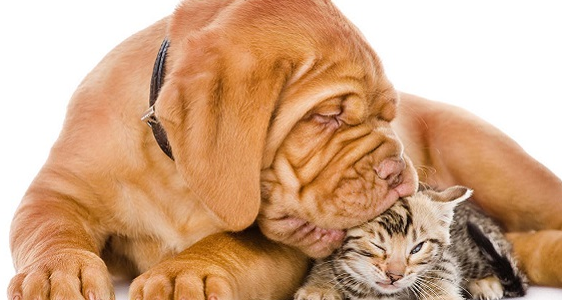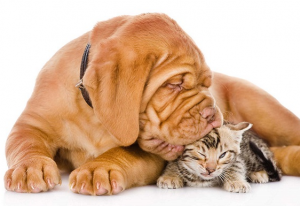
pets can also be affected by passive smoking

Pets are at risk of being affected by passive smoking as a human latest study by Glasgow University suggests. Animals inhale more smoke than human beings because of their grooming routines and also digest nicotine when licking their fur. Dogs are at risk of developing lung or sinus cancer while smaller pets such as birds, rabbit, and Guinea pigs can encounter breathing issues and skin diseases.
Wendy Preston the Royal College Nurse’s Head of Nursing said “Many people would be horrified to discover their second-hand smoke was harming their pets and in some cases seriously shortening the animal’s life. We want to make it easier for vets and vet nurses to have that conversation with patients.”
However, Simon Clark, director of the smoker’s group Forest, said he felt the threat of passive smoking on animals was “greatly exaggerated” and also said it was a distraction from genuine cases of animal abuse.
The university which is renowned for its small animal hospital has been carrying out research on the effects of passive smoking on pets for the past several years. Professor Clare Knottenbelt said 40 dogs, half of them from homes with smokers were recruited for the study and samples of their hair were analysed for nicotine levels, while their owners were asked to fill in a survey detailing how often they or any visitors smoked. A similar study, carried out on 60 pet cats, with a particular focus on whether any link could be established second-hand smoke and feline lymphoma, cancer, that affects the white blood cells of cats. She said that the researchers had to factor in the very different behaviour of cats and dogs pointing out that free-wandering cats could potentially be exposed to second-hand smoke if they visit other people’s homes and even sit close to pub or workplace entrances where groups of smokers congregate.
